A Comprehensive Guide to Importing Pets into the Cayman Islands
Table of Contents
Importing your pets into the Cayman Islands can be a complicated process if you don’t know where to start. But with the right information and planning, you can successfully relocate your furry friend and enjoy your new life in this tropical paradise. In this blog post, we’ll guide you on everything you need to know about pet transportation into the Cayman Islands, from the required documents to the quarantine process.
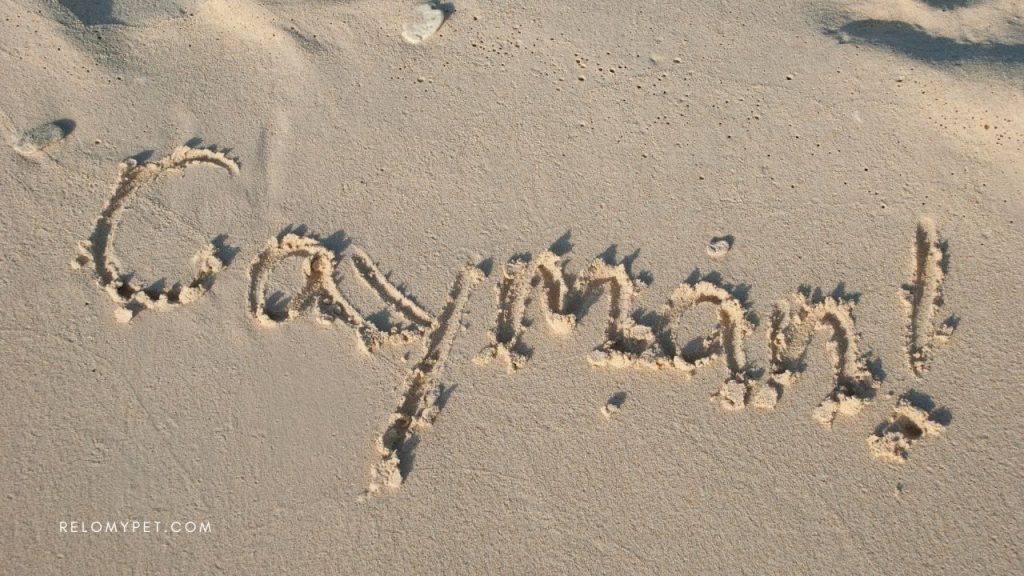
Understanding the Regulations for Pet Transport into the Cayman Islands
Before you start planning your pet’s move, it’s essential to understand the regulations for pet importation in the Cayman Islands. The Cayman Islands government has strict rules governing the importation of all animals to prevent the spread of diseases. These regulations apply to all animals, including cats, dogs, birds, and rabbits.
Department of Agriculture – Regulatory Authority of the Cayman Islands Pet Importation
The pet import regulations in the Cayman Islands are overseen by the Department of Agriculture, specifically the Veterinary Services Division. They are responsible for ensuring compliance with the necessary requirements and procedures for importing pets into the Cayman Islands.
The Veterinary Services Division sets and enforces the regulations related to pet importation, including health requirements, documentation, and quarantine protocols. They work to safeguard the health and well-being of both the resident animals and the local ecosystem.
It is essential to contact the Veterinary Services Division or visit their official website to obtain the most up-to-date and accurate information regarding the specific requirements and procedures for importing pets into the Cayman Islands. They can provide detailed guidance and assist you with any questions or concerns you may have regarding pet transportation and importation.
Pet Import Ban
The Cayman Islands has strict regulations on the importation of certain animals as pets. For instance, the importation of specific dog breeds, such as Pit Bulls and Rottweilers, is prohibited. It’s important to be aware of these restrictions before considering relocating with your pet.
Due to the unique ecosystem and efforts to preserve local flora and fauna, the importation of exotic pets and wildlife is tightly controlled on the Cayman Islands. This is done to protect the native wildlife and prevent the introduction of non-native species.
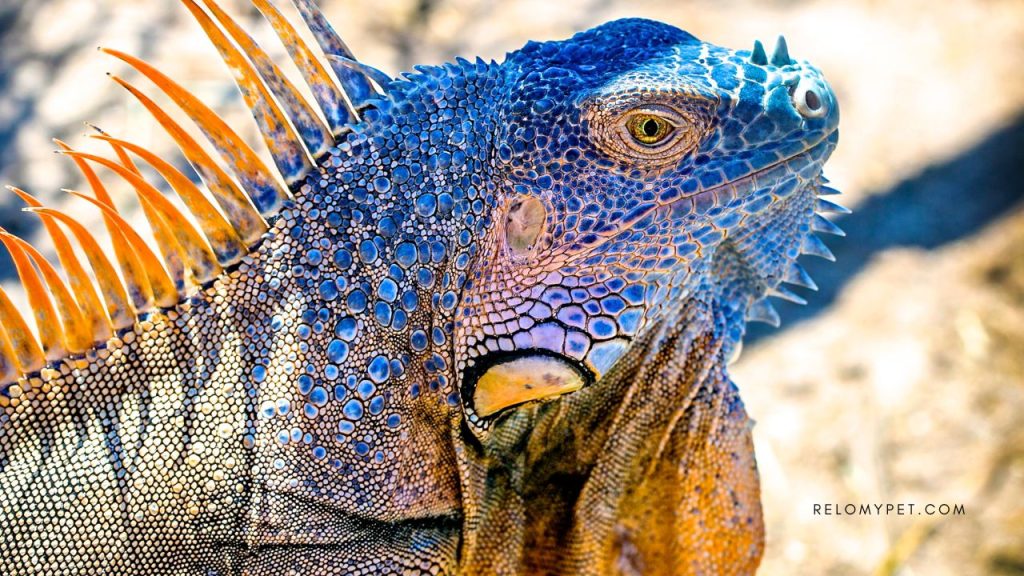
Assistance Animals
The Cayman Islands recognizes the importance of assistance animals for individuals with disabilities. Service animals that are trained to perform specific tasks to assist their handlers are generally permitted to accompany their owners. However, it’s advisable to inform the airline and relevant authorities in advance to ensure a smooth travel experience.

Veterinary Checkups and Health Certificates
Before traveling to the Cayman Islands, it is mandatory to have your pet examined by a licensed veterinarian. Ensure that all vaccinations are up to date, and obtain a health certificate issued by the veterinarian. This certificate serves as proof that your pet is in good health and has been vaccinated against diseases.
Pets must have a veterinary health certificate issued by a licensed veterinarian within 14 days of travel. The certificate should confirm the pet’s good health, up-to-date vaccinations, and freedom from infectious diseases.
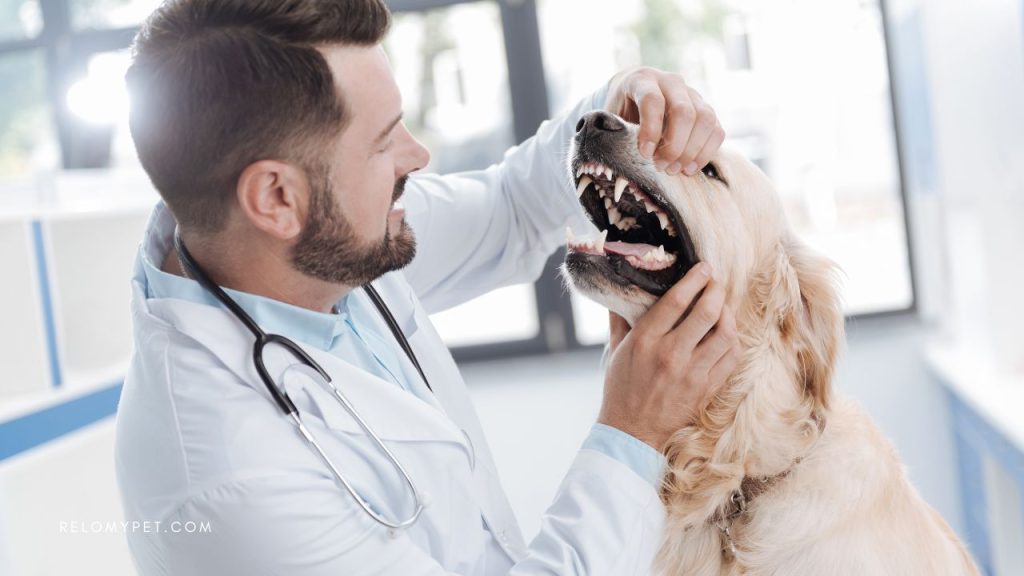
If you’re importing your pet from a high-risk country, your pet must undergo additional veterinary checks and have a government-issued import permit. To avoid any complications, it’s advisable to use a professional pet transport agency that can guide you on the necessary documents you need to secure.
The specific list of high-risk countries for pet importation into the Cayman Islands may vary and can be subject to change. The designation of high-risk countries is typically based on factors such as the prevalence of certain diseases or specific health concerns related to pets originating from those countries.
As the information regarding high-risk countries may change over time, it is important to consult the official sources for the most up-to-date and accurate list. The Cayman Islands Veterinary Services Division, a part of the Department of Agriculture, is the authoritative entity that can provide the current list of high-risk countries for pet importation.
Microchipping and Identification
To enhance the safety of your pet during travel and to comply with Cayman Islands’ regulations, consider microchipping your pet. Ensure the microchip is ISO-compliant and can be easily read by international scanners. Additionally, affix a durable identification tag to your pet’s collar, including your contact information.
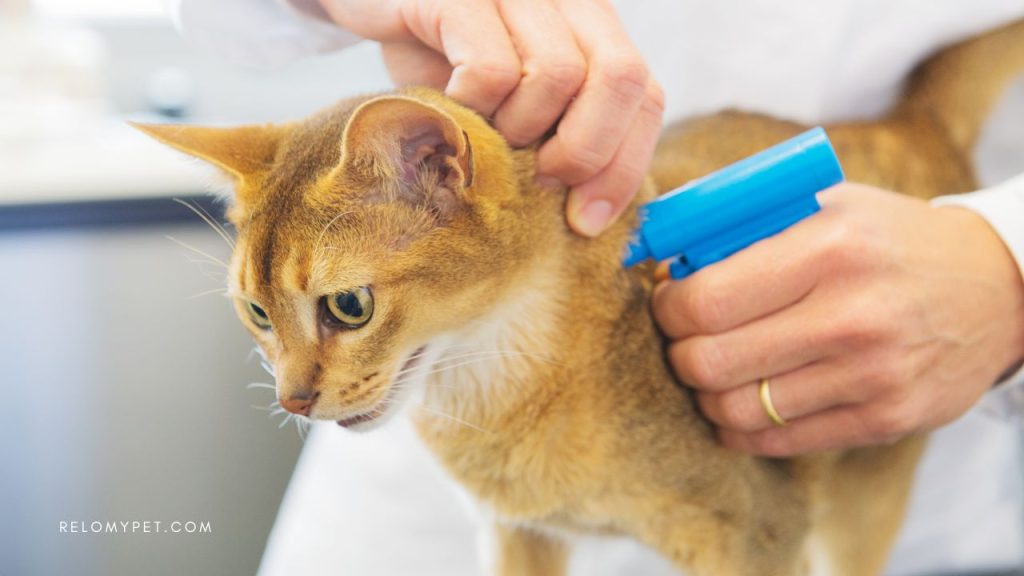
Vaccination
Dogs and cats must be vaccinated against rabies at least 30 days before travel. The vaccination should be administered by a licensed veterinarian and be valid at the time of entry into the Cayman Islands.
Blood Tests
Some countries may require blood tests, such as the rabies antibody titer test, to ensure the effectiveness of the rabies vaccination. Check with the Veterinary Services Division to determine if your pet requires any specific blood tests.
Parasite Control
Pets should be treated for internal and external parasites, including ticks, fleas, and worms, before travel. Documentation of parasite treatment may be required.
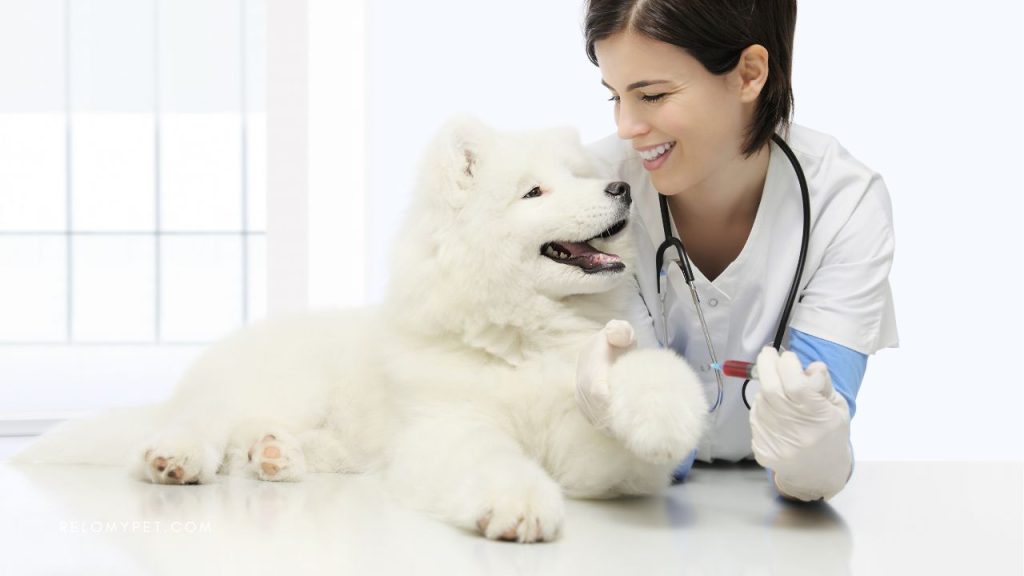
The Documentation and Paperwork Required for Importing Pets to the Cayman Islands
To import your pet into the Cayman Islands, you’ll need several essential documents, including:
- A health certificate issued by a licensed veterinarian that is valid within ten days of travel.
- A valid rabies vaccination certificate.
- An import permit for animals from high-risk countries.
- Copies of airline ticket receipts.
- Proof of ownership or identification of your pet is also required.
Your pet transport service can help you complete the necessary paperwork and file for the required permits.

Arrival
Once you arrive in the Cayman Islands, your pet will be inspected by a veterinary official. The original health certificate must be presented at the time of animal inspection.
Quarantine
All pets entering the Cayman Islands are required to undergo a quarantine period. For dogs and cats, this quarantine lasts a minimum of 10 days. During this time, your pet will be housed at the Department of Agriculture’s Animal Reception Centre (ARC), where they will be closely monitored by a veterinarian.

Importing a pet to the Cayman Islands requires significant planning and patience. With careful planning and the right information, you can make the process smooth and seamless. Using a reliable pet transportation service can save you misinformation, confusion, and costly mistakes as you navigate this process.
FAQ about importing pets into the Cayman Islands
Frequently asked questions (FAQ) related to importing pets into the Cayman Islands, along with their answers:
To import a dog into the Cayman Islands, you need to ensure compliance with the regulations set by the Veterinary Services Division. This includes microchipping, rabies vaccination, obtaining an import permit, and obtaining a veterinary health certificate issued by a licensed veterinarian. It is advisable to consult with the Veterinary Services Division for the most up-to-date requirements.
Yes, the Cayman Islands requires both dogs and cats to have a veterinary health certificate issued by a licensed veterinarian within 14 days of travel. The health certificate should confirm the good health of the animal and verify up-to-date vaccinations.
Animals can travel to the Cayman Islands by air. They are typically transported in airline-approved crates or carriers, following specific guidelines for safety and comfort. It is recommended to use the services of a professional pet transport agency to ensure compliance with the transportation requirements and to facilitate a smooth journey for your pet.
Yes, guinea pigs are generally allowed in the Cayman Islands. However, it is essential to check the specific import regulations and requirements for guinea pigs with the Veterinary Services Division. They can provide detailed information on any additional documentation or health checks needed for importing guinea pigs into the Cayman Islands.
Inquire about pet import into Cayman Islands
If you need to relocate your pet or want more details on the specifics and cost of relocation, consider contacting Relopet International. We specialize in transporting pets, including large dogs, internationally. As experienced professionals, we assist with every step of the process—from obtaining the necessary documentation to selecting the right airline and providing personalized care during transport. With Relopet International, you can have peace of mind knowing that your furry friend is in good hands and will arrive at their destination safely and comfortably.


Greetings, I have a support dog that has Addison’s Disease. Addison disease is a non contagious condition involving the adrenal gland. My dog requires a daily tablet of 1.5 mg and an injection once a month of procortizon (a steroid ). My questions are as follows: 1) Will Cayman allow me to take my dog with me if I relocate to the Cayman Islands? 2) Will the Islands quarantine facilities administrator her daily medication and injection, if necessary, while she is in quarantine. 3) Is her medication available in Cayman? 4) How much money will it cost me to relocate my dog to the Cayman Islands? Thank you, I look forward to to your response.